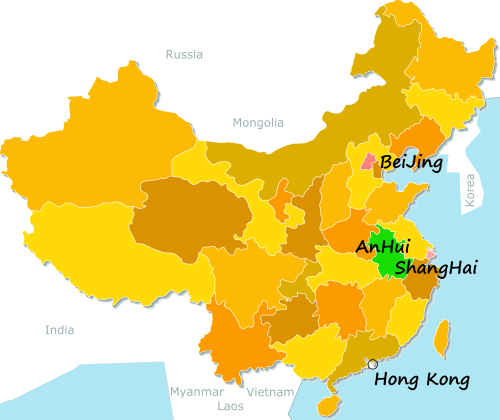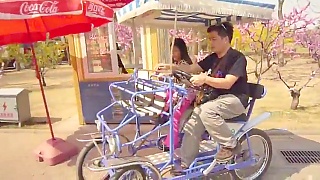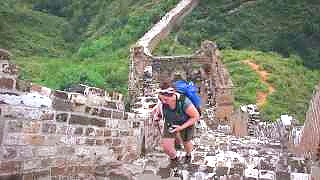AnHui province.
[640],shadow=true,start=,stop=
[320],shadow=true,start=,stop=
[320],shadow=true,start=,stop=
[320],shadow=true,start=,stop=
[320],shadow=true,start=,stop=

Live more ...
 The beautiful HuangShan 黄山 Mountain, part 2 (5/7)
The beautiful HuangShan 黄山 Mountain, part 2 (5/7)AnHui province.


|
With some nice Canto-pop. A film by Ben Cheung ...
|

|
COMAC is the Commercial Aircraft Corporation of China.
With Inside China Business ...
Bonus film - with FridayEveryday ...
|

|
With Wei's Travel ...
|

|
Selena is from the Philipines.
The first film features LongQing Gorge, an acrobatics show and BaDaLing Great Wall.
The second, Beijing Zoo, the Olympic Park and ChaoYang Park ...
|

|
它出淤泥而不染,濯清漣而不妖,一池荷花,一桌菜 | 野小妹
|

|
Beautiful music on National Day, October 1st, 2018, in the blue sky city.
"I love you, China", 我爱你,中国, Wǒ ài nǐ, ZhōngGuó ...
Bonus film - a flash mob dance ...
|

|
Visiting a few sections of the Great Wall of China near BeiJing, including 'Wild Wall' ...
|

|
Singers - Yang Zi and Zhang YiShan 杨紫, 张一山 at the 2020 BeiJing Spring Festival Gala ...
|